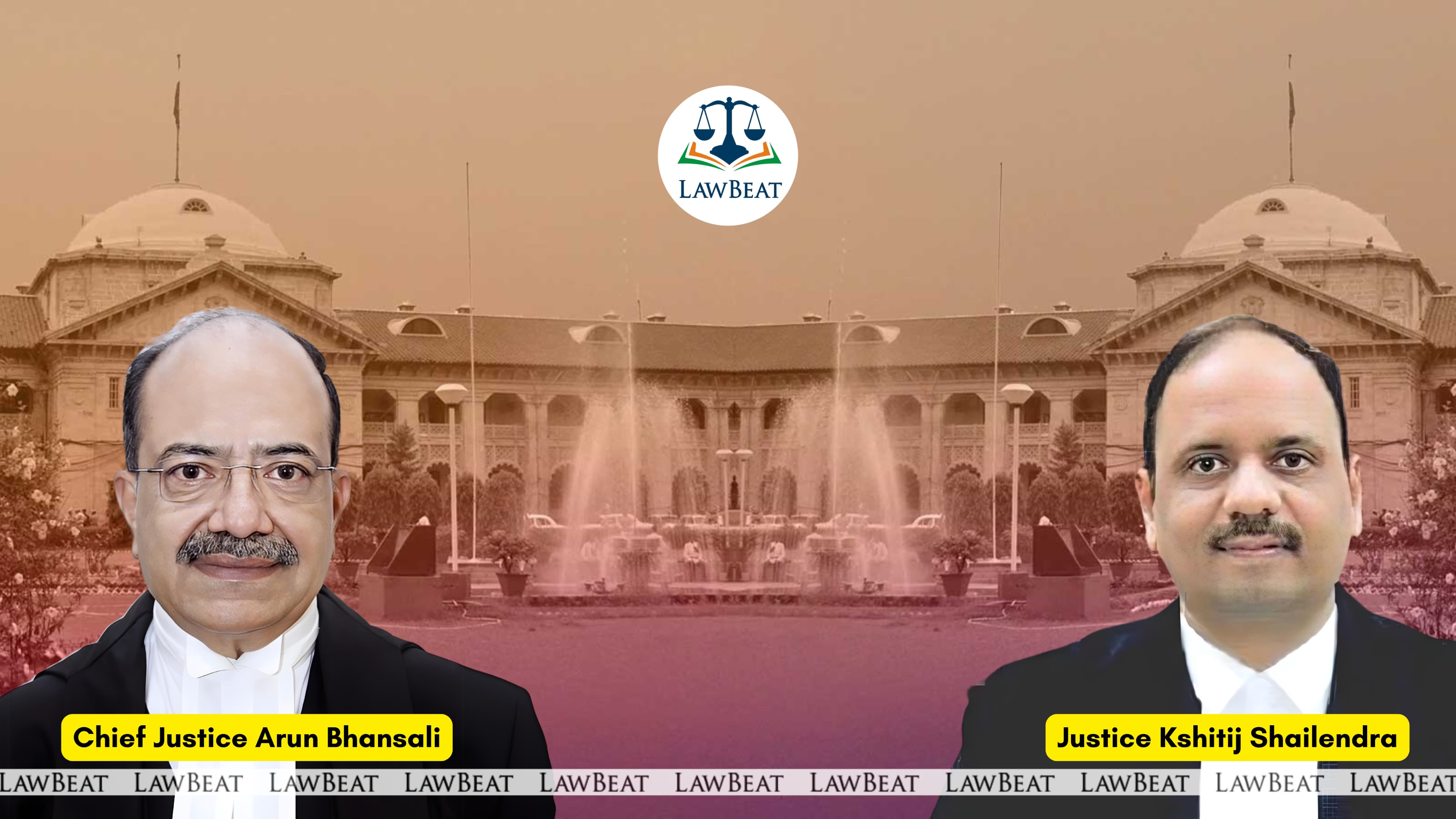Gazette Notification Cannot Replace Civil Court Decree for Name Change: Allahabad High Court

A Gazette Notification and a civil court decree serve different purposes and while they can complement each other, they are not interchangeable, the high court clarified
A division bench of the Allahabad High Court recently set aside a single judge bench decision that directed the Uttar Pradesh Board of High School and Intermediate Education to change a student's name in his academic certificates without a civil court declaration.
Referring to the Supreme Court's judgment in Jigya Yadav (Minor) (Through Guardian/Father Hari Singh) Vs. Central Board of Secondary Education and others (2021), the division bench held that a legally binding declaration of name change requires a civil court decree, and a mere publication in the government gazette does not suffice to alter official records, including educational certificates.
The bench of Chief Justice Arun Bhansali and Justice Kshitij Shailendra clarified that a Gazette Notification and a civil court decree serve different purposes, and while they may complement each other, they are not interchangeable.
"In situations where a binding declaration or enforcement is required, a civil court decree is essentially necessary," the bench stressed.
An appeal was filed by the Uttar Pradesh Board of High School and Intermediate Education against a single-judge order directing it to change a candidate’s name in his academic certificates. allowed the appeal and set aside the order, stating that acquiring a new name requires judicial validation.
The writ petitioner, Md. Sameer Rao, originally known as Shahnawaz, had obtained a Gazette Notification reflecting his new name and sought a corresponding update in his educational records. The Board, however, rejected his request, citing regulatory restrictions.
Rao challenged this before a single-judge bench, which ruled in his favor, holding that restrictions on name changes violated fundamental rights.
The division bench, however, ruled that a Gazette Notification, which is primarily a public notice, lacks the binding legal force of a civil court decree.
It explained that a civil decree serves as a legally enforceable order, ensuring that the name change is verified through proper judicial scrutiny. It warned that allowing changes based solely on Gazette Notifications could lead to an unchecked process where individuals repeatedly alter their identities in official records.
"One may visualize a situation where a person is having certain documents of identity, like Adhar card, Voter I.D. card, PAN card etc. mentioning a particular name on which basis he appeared in High School and Intermediate Examinations and got certificates. After a certain number of years, the said person wants to acquire a new name and again obtains new Adhar card, Voter I.D. card, PAN card, etc. On that basis, even if, for one reason or the other, the Board issues fresh educational testimonials incorporating his new name, then, if after some time, that person wants to acquire a third name and again obtains fresh documents of identity issued in that third new name and again approaches the Board to issue fresh testimonials incorporating his new name, such a recourse would become an endless process," court explained stressing that such an obligation cannot be imposed on Board particularly when it is contrary to statutory regulations.
The division bench also criticized the single-judge bench for exceeding its jurisdiction by reading down Board regulations and issuing executive directions to create appropriate legal and administrative frameworks to ensure that the Government of India and the UP Government work in concert to achieve the end of making identity-related identity documents removing anomalies. It held that these were policy matters exclusively in the legislative/ executive domain.
Moreover, it held that in view of specific administrative order, the jurisdiction to read down or hold any regulation as arbitrary, unconstitutional and/ or violative of fundamental right guaranteed by the Constitution only vests with the division bench in appropriate cases.
The division bench found no merit in the writ petition and, therefore, held that the decision of the single judge bench could not be sustained.
Case Title: State of U.P. and 2 others Vs. Md. Sameer Rao and 3 others
